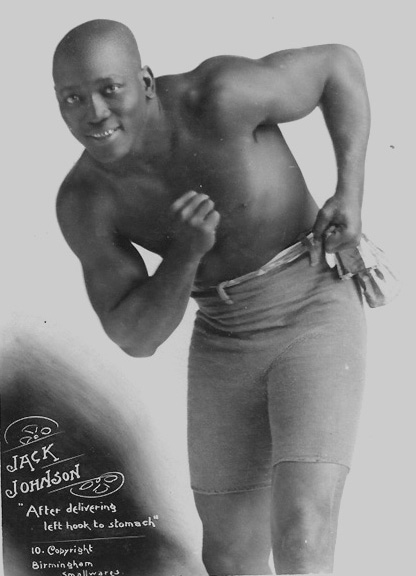
Ernie Barnes, who died at 70 of complications from a rare blood disorder, was a professional football player turned successful artist, whose work so vividly captured the tenor of African American life and culture.


Today’s G.O.P. is, after all, very much a minority party. It retains some limited ability to obstruct the Democrats, but has no ability to make or even significantly shape policy.
Beyond that, Republicans have become embarrassing to watch. And it doesn’t feel right to make fun of crazy people. Better, perhaps, to focus on the real policy debates, which are all among Democrats.
Lately I’ve been consuming as much conservative media as possible (interspersed with shots of Pepto-Bismol) to get a better sense of the mind and mood of the right. My read: They’re apocalyptic. They feel isolated, angry, betrayed and besieged. And some of their “leaders” seem to be trying to mold them into militias.
At first, it was entertaining — just harmless, hotheaded expostulation. Of course, there were the garbled facts, twisted logic and veiled hate speech. But what did I expect, fair and balanced? It was like walking through an ideological house of mirrors. The distortions can be mildly amusing at first, but if I stay too long it makes me sick.
But, it’s not all just harmless talk. For some, their disaffection has hardened into something more dark and dangerous. They’re talking about a revolution.
In the cacophonous commentary about the president -- he's a breath of fresh air, he's too liberal, he's too moderate, he's being far too generous to the banks, he's some kind of closet socialist, he's restoring the nation to greatness, he's leading us to perdition -- it's striking how seldom race is mentioned as an issue or even an attribute. That's only natural, since race could hardly be more irrelevant to the multitude of urgent problems Obama wrestles with every day. Watching him in action, as he shoves out the chief executive of General Motors or exchanges small talk with Queen Elizabeth at Buckingham Palace, we witness a daily demonstration of the irrelevance of race. And that, potentially, is nothing short of transformative.


The great saxophonist Lucky Thompson died in 2005, at 81. In musical terms his silence began much earlier: he gave his last known performances in the 1970s, after which he more or less disappeared, leading an itinerant life. (His outspoken disdain for the music business is often cited as motivation.) “New York City, 1964-65” (Uptown) captures him a decade before his self-exile, around the time of his landmark album “Lucky Strikes.” The newly unearthed material, from two distinct engagements, compounds our sense of what was lost when he withdrew from the scene.

We see all-court brilliance like this every 25 years or so, when a player is extraordinary in basketball's primary skills: scoring, rebounding and passing. Only Oscar Robertson, in 1962, has averaged double digits in those three categories over an entire season. Only Magic Johnson, in 1982, has come truly close since. It has been such an unreachable mark, like hitting .400 for an entire season or scoring 100 points in a single game, that it's now presumed to be unthinkable that a player would average a triple-double over a full NBA season.